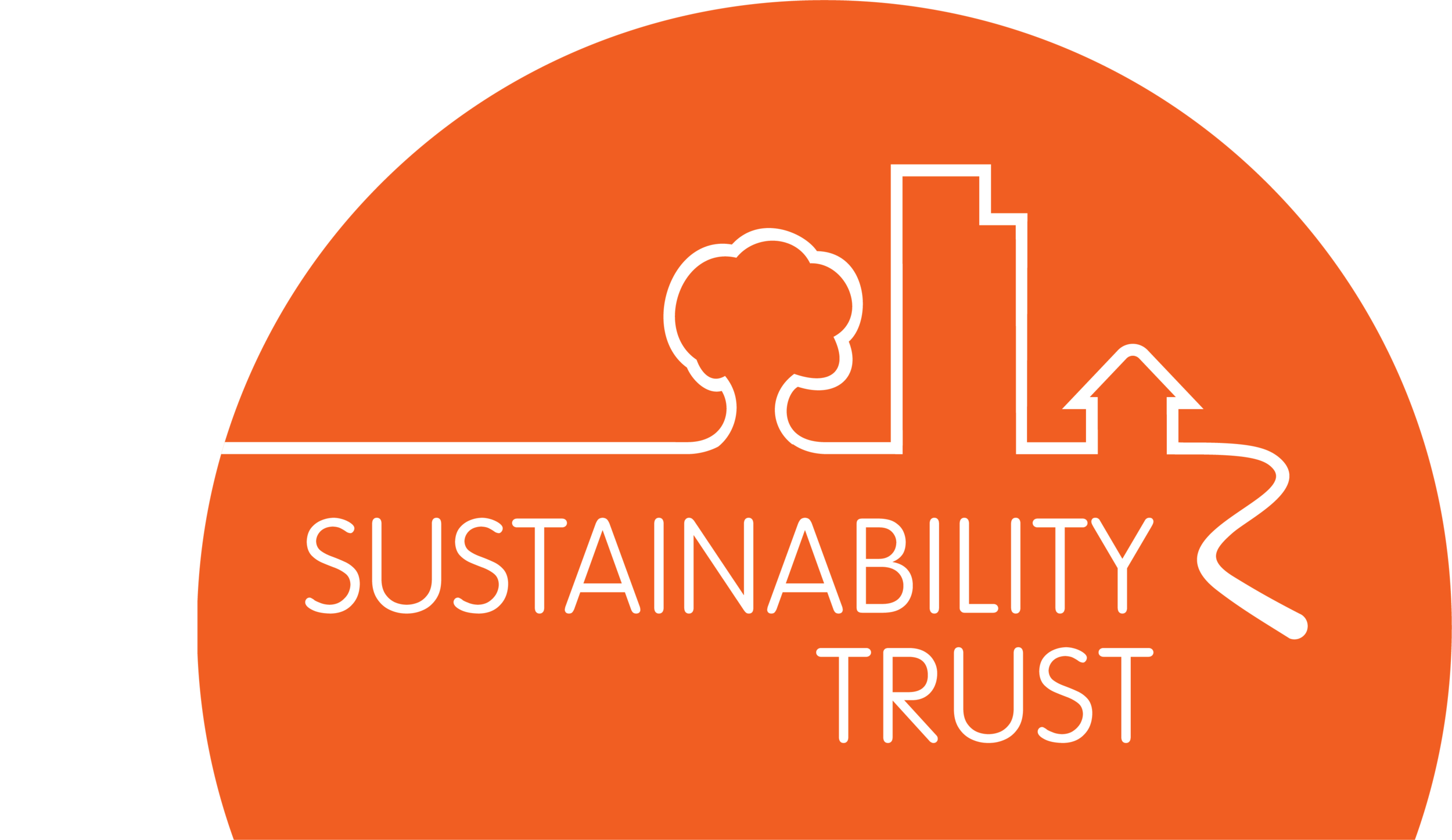Zero carbon – 100% possible - a letter to the Climate Change Minister
Published 6 June 2018
Bring on zero-carbon New Zealand
As part of the Government’s pre-election commitment to addressing New Zealand’s greenhouse gas emissions, the Zero Carbon Bill is on the horizon.
The bill will become law in early 2019. It will provide targets, timelines and an action plan for achieving a carbon-neutral New Zealand by 2050.
This is a huge opportunity for the country, with most of us now acknowledging climate change is a New Zealand and global issue. New Zealand will contribute to keep the climate in a safe zone. And to keep us on track and honest, an independent Climate Change Commission is being established to hold us to account as we track towards 2050.
To keep up the momentum, we are joining with WWF and Generation Zero and a host of others to present an open letter to the Minister of Climate Change, James Shaw on 6 June. The letter encourages the Government to act boldly and pledges our support for reducing carbon emissions in our zones of influence. To turn New Zealand’s emissions profile around, concerted effort from Government, business, community and individuals is required. We’re up for the task, and hope our community is too.
The reality is: we are the ones producing climate-damaging emissions. This means we all can and must take action — both by civil action such as supporting the Zero Carbon Act — and doing what we can to lower our own personal emissions.
Sustainability Trust (through our products, workshops, and services) provides ways Wellington and New Zealand citizens can take part in reaching zero net emissions by 2050:
Helping businesses reduce their carbon emissions.
Partnering Ekos to support businesses with carbon mitigation plans
Helping schools reduce their carbon emissions via waste reduction.
There’s no shortage of helpful information about how we can reduce our own carbon footprint. Here are a few easy wins:
Reduce your vehicle emissions by walking, biking, taking public transport, teleconferencing, and making your next vehicle purchase an electric vehicle.
Use your purchasing power to reward companies who have certified their products as low-carbon.
Buy local.
Reduce your meat and dairy intake.
Reduce, reuse and recycle. Make sure you really need that new product before you buy.
Lower your energy use by insulating and ventilating your home. Make sure you install energy-efficient heating and ideally go all-electric and solar if you can.
Purchasing certified carbon credits to cover the emissions we can’t avoid (ekos.org.nz).
Phil Squire, Sustainability Trust, Chief Executive
